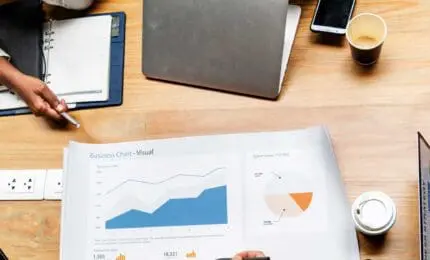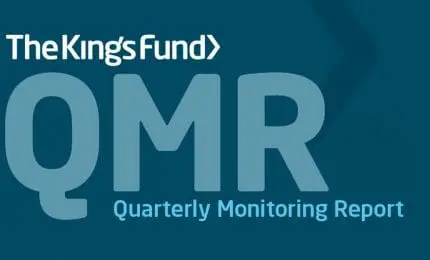In summer 2019, the NHS announced major changes to the structure of GPs surgeries across the UK with the introduction of Primary Care Networks. These changes may have significant impact on how pharma companies interact with key PCN personnel. Learn how Inspiremed can help.
In summer 2019, the NHS announced that it was bringing the UK’s general practices together to work ‘at scale’ in Primary Care Networks (PCNs). The reason?
“Many people are living with long term conditions such as diabetes and heart disease, or suffer with mental health issues and may need to access their local health services more often. To meet these needs, practices have begun working together and with community, mental health, social care, pharmacy, hospital and voluntary services in their local areas in primary care networks.”
(NHS England)
The new PCNs form around 1,300 geographical networks and cover populations of approximately 30-50,000 patients. The smaller networks of 30,000 patients are usually those found in very rural areas. Their aim? To promote ‘integrated care.’ (BMA)
The King’s Fund reports that the reasons behind the change include improving the ability of practices to:
- recruit and retain staff
- manage financial and estates pressures
- provide a wider range of services to patients
- more easily integrate with the wider health and care system
Since the NHS announcement, all but a handful of GP practices in England have come together and in January 2020, the Guardian reported, “About 1,250 PCNs are due to start work in England in April. Each will include a number of local surgeries and cover populations of 30,000-50,000.”
The BMA reports that, “The main aim of PCNs is to focus services around local communities and help rebuild and reconnect the primary healthcare team across the area they cover through the network, providing workload support for practices at the same time.” (BMA)
The 3-minute animation on this page (click here) provides a clear explanation of the new arrangements, and how general practices have begun working together and with community, mental health, social care, pharmacy, hospital and voluntary services in their local areas in primary care networks.
How can Inspiremed help pharma?
Mapping practice’s within the new PCNs into market access analytics and segmentation models gives direct insight into how these groups are structured across CCGs and identifies the key stakeholders.
Our analytics can quickly help you with market access dynamics for this important and evolving NHS group.
Get in touch to find out more.
Contact us 01600 891594 or email info@inspire-med.co.uk

















